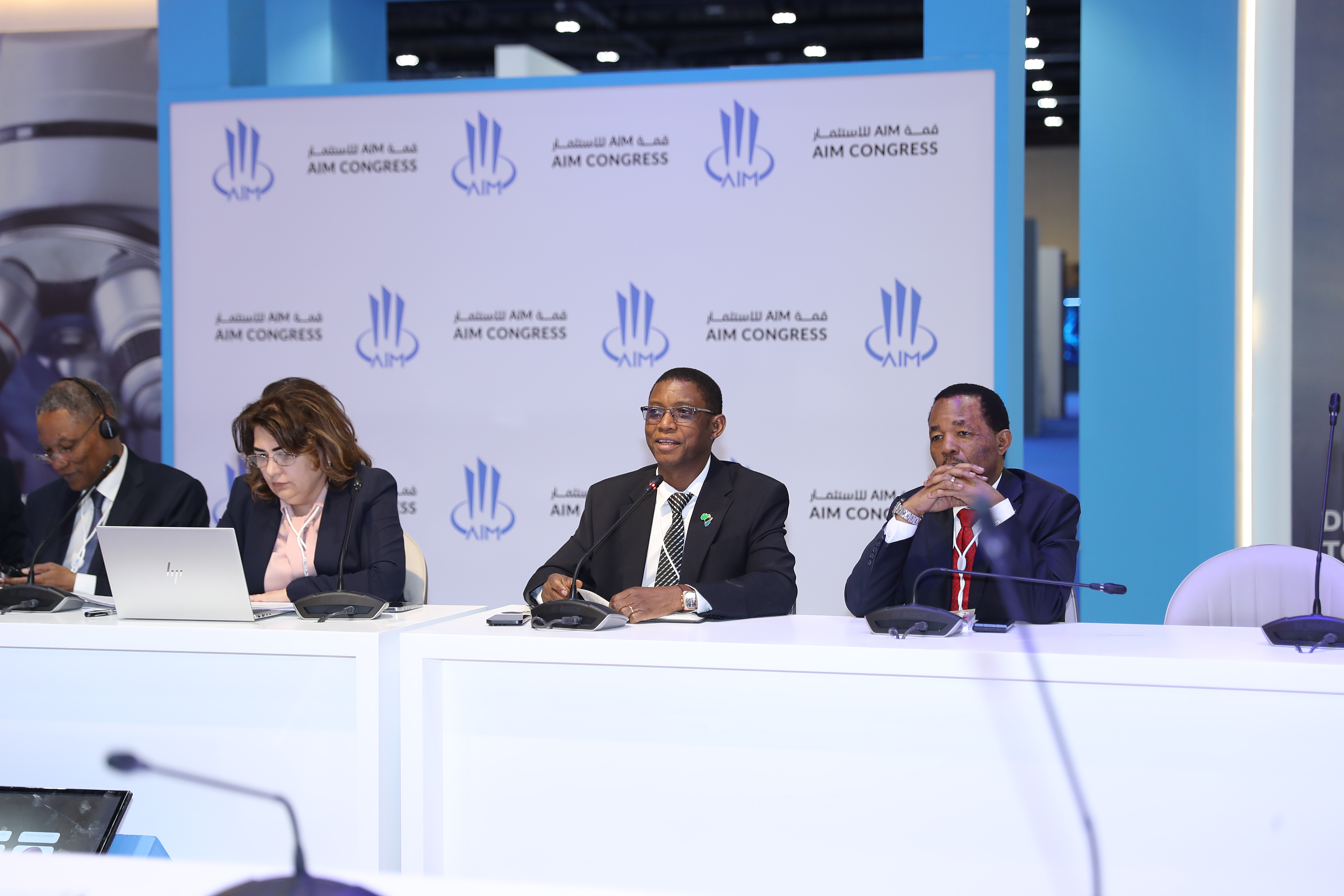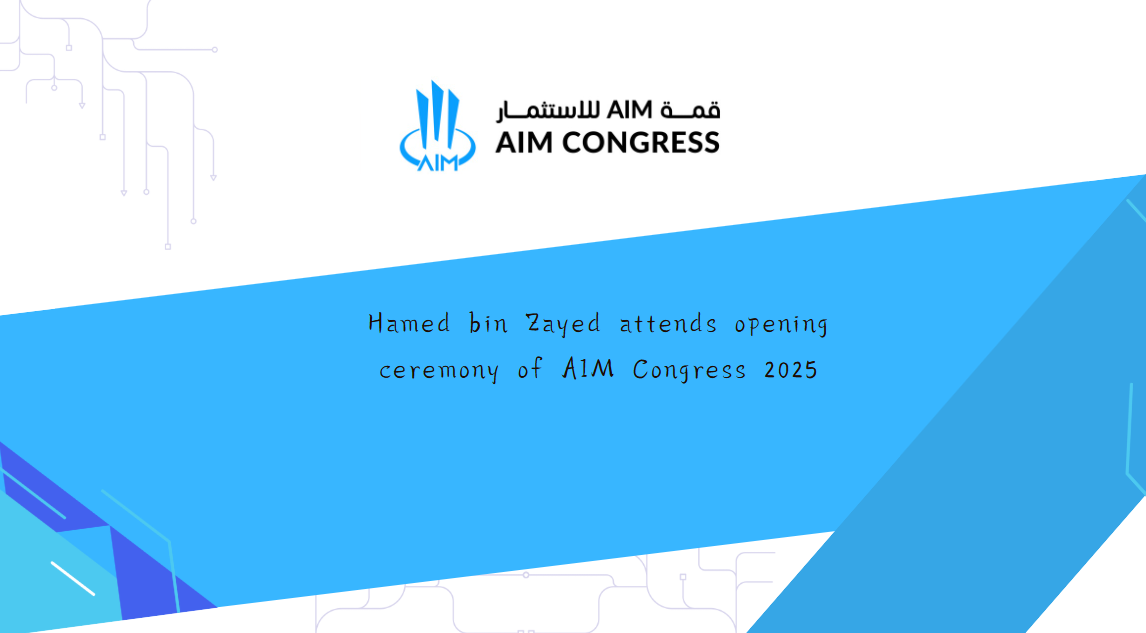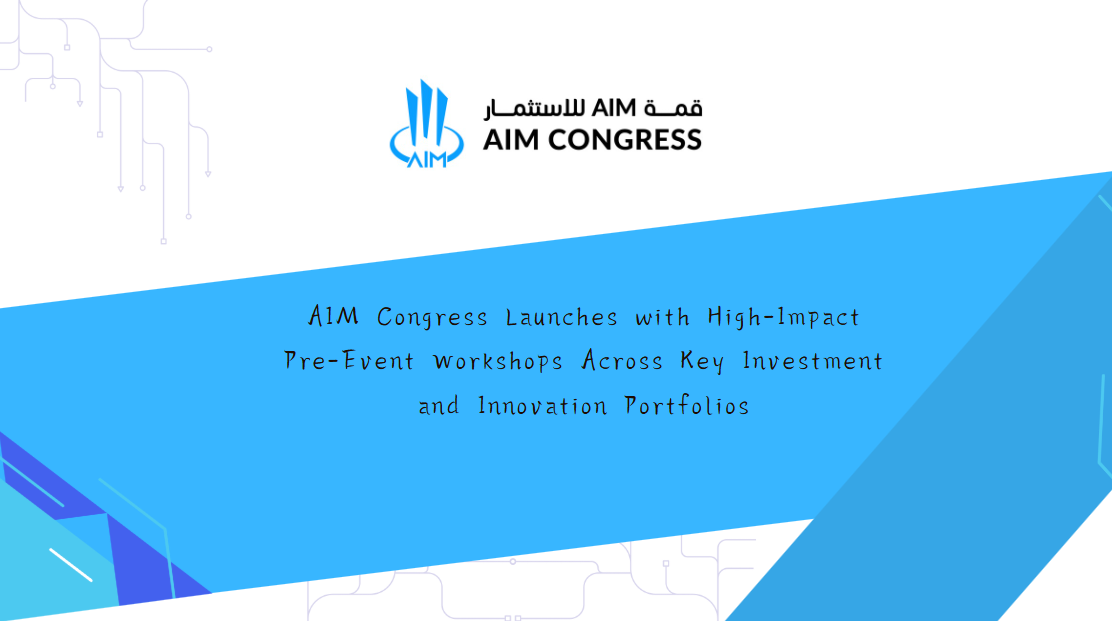Global Financial Leaders Assemble to Rethink Governance Amid Economic recession
AIM Congress roundtable focused on reimagining global financial governance amid a backdrop of growing economic recession and systemic transformation. With traditional multilateral frameworks under pressure, delegates examined the implications of rising regionalism, currency multipolarity, and diverging monetary policy paths for both advanced and emerging economies.

Key areas of discussion included the need for agile regulatory frameworks to address persistent inflation and volatility, the acceleration of digital finance — particularly the rise of Central Bank Digital Currencies (CBDCs) — and the urgent mobilization of capital to meet climate transition goals. Participants emphasized the importance of inclusive innovation, strengthening South-South cooperation, and developing local currency bond markets as pillars of long-term financial resilience.
The session also explored how central banks and financial institutions can navigate the intersection of geopolitical shifts, digital disruption, and macroeconomic uncertainty. Speakers called for reform of global financial institutions to ensure more equitable representation, and highlighted the role of technology in enhancing transparency, efficiency, and financial inclusion.
The roundtable concluded with a shared commitment to shaping a forward-looking financial system — one that balances stability with adaptability, fosters sustainable development, and supports a more cooperative and multipolar global economic order.
Insights from few of our esteemed speakers :
Ahmet Ismaili, Governor of the Central Bank of Kosovo (CBK),emphasized the importance of a stable financial system and robust compliance measures. He highlighted the CBK's commitment to advancing the regulatory and supervisory framework, aligning with European Union regulations and international standards. This includes enhancing cybersecurity measures to mitigate operational and compliance risks associated with digital transformation. Governor Ismaili discussed the CBK's initiatives to promote financial inclusion and efficiency through digitalization. In collaboration with international partners, the CBK is working to strengthen the digital financial ecosystem, fostering innovation while maintaining robust regulatory standards. This includes initiatives to improve market infrastructure, enhance access to finance, and promote financial education. Through these discussions, Governor Ismaili underscored the CBK's proactive approach to navigating the complexities of financial instability, compliance, and the evolving digital economy
H.E. Emmanuel Tutuba,Governor of the Bank of Tanzania,highlighted the nation's economic resilience amidst global challenges. Statistically Tanzania showed a GDP growth and decline in inflation rate as compared to rest of the world.
Addressing inflation, Governor Tutuba reported a stable rate of 3% year-on-year as of February 2024. This stability was credited to prudent monetary policies and adequate domestic food supplies. To proactively manage potential inflationary pressures from global economic developments, the Bank of Tanzania raised its key interest rate from 5.5% to 6.0% in April 2024. This decision aimed to enhance the scope of monetary policy actions to contain lingering inflationary pressures. In January 2024, the Bank of Tanzania introduced a benchmark interest rate, initially set at 5.5%, as part of a new monetary policy framework aimed at signaling its policy direction more effectively. This rate was subsequently raised to 6.0% in April 2024 to address inflationary concerns. The central bank's proactive stance reflects its commitment to maintaining economic stability and fostering sustainable growth.
Governor Tutuba also discussed the importance of regional integration through initiatives like the African Continental Free Trade Area (AfCFTA). He highlighted that such frameworks present significant opportunities for Tanzania to expand its trade horizons, attract investments, and stimulate job creation. In conclusion, Governor Tutuba's insights underscore Tanzania's strategic approach to navigating global economic complexities. Through prudent monetary policies, infrastructure investments, and active participation in regional trade initiatives, Tanzania continues to demonstrate resilience and a commitment to sustainable economic development.

Mamadou Diop, Vice Governor of the Central Bank of West African States (BCEAO),delivered a compelling address on the limitations of advanced monetary policies in combating inflation amid current global challenges. He emphasized that traditional monetary tools are increasingly inadequate in addressing inflationary pressures, particularly those stemming from supply chain disruptions and geopolitical tensions. He highlighted that the West African Economic and Monetary Union (WAEMU) has experienced inflation rates slightly above the target range, with October 2024 recording 3.4% and projections indicating 3.6% for the year. These figures are influenced by factors such as security vulnerabilities, adverse climatic conditions affecting agriculture, and geopolitical tensions impacting energy and food prices. He advocated for structural reforms aimed at diversifying economies, improving fiscal space, and strengthening public administration capacities to build resilience against external shocks. In conclusion, Vice Governor Diop reiterated the importance of a multifaceted approach that combines prudent monetary policy with structural reforms and regional collaboration to effectively combat inflation and promote sustainable economic development in the face of evolving global challenges.
H.E. Gulbahor Naziri, representing the National Bank of Tajikistan, presented compelling investment opportunities for foreign stakeholders in the country’s growing banking sector. She emphasized that Tajikistan offers a transparent and accessible regulatory environment, with one of the region’s lowest capital requirements for banks—and a streamlined licensing process that ensures application reviews within three months.
H.E. Naziri underscored the government’s strong legal guarantees for investor protection, alongside a stable financial framework that encourages both domestic and international participation. The country has also embraced innovation through the adoption of Islamic banking legislation, expanding the scope for inclusive and diversified financial services.
Key advantages include full repatriation of capital and dividends, robust monitoring aligned with international financial reporting standards, and a secure deposit insurance system that protects depositor rights. Tajikistan’s banking sector, she affirmed, is well-positioned for sustainable growth and open to strategic partnerships that drive regional and global financial integration.
-Ends-






















































First, please LoginComment After ~